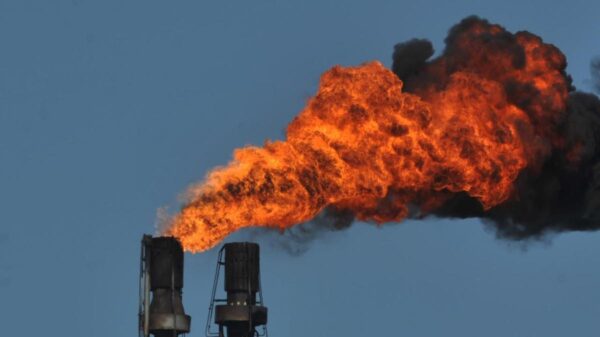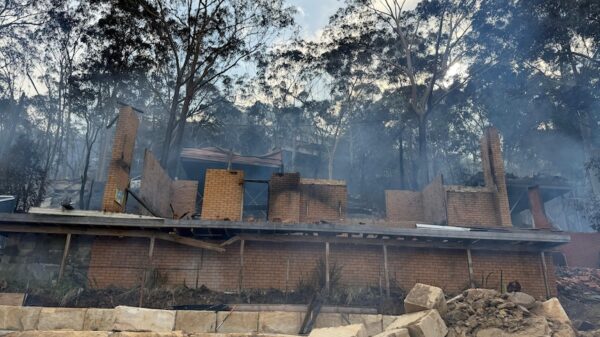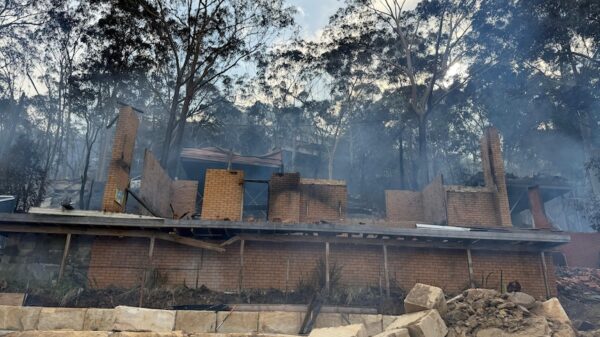The United Nations Development Programme (UNDP) and the Government of Norway have announced a significant initiative to address the challenges facing Ukraine’s energy sector, launching a comprehensive plan worth $200 million. This initiative, unveiled in July during the Ukraine Recovery Conference in Rome, aims to transform the war-damaged energy landscape and bolster the country’s renewable energy capacity.
The initiative is part of the UNDP’s Green Energy Recovery Programme, which is a multi-year, multi-donor effort. So far, it has garnered financial backing from various countries, including Japan, Sweden, Denmark, the Republic of Korea, Belgium, Germany, and Iceland. Norway has been particularly proactive, providing over $115.3 million since the onset of the conflict with Russia, funding high-capacity cogeneration units and solar power systems across the nation.
Cecilie Myrseth, Norway’s Minister of Trade, Industry and Fisheries, emphasized the importance of this funding, stating, “Our $200 million contribution, facilitated through this framework agreement with UNDP, underscores Norway’s commitment to not only addressing immediate energy needs but also investing in Ukraine’s long-term energy security and a sustainable, green future.”
Immediate relief efforts focus on restoring heating and water supply for millions of Ukrainians and providing essential services such as hospitals and water utilities with solar and backup battery systems. In the long term, the initiative aims to enhance energy efficiency and accelerate the shift from fossil fuels to cleaner alternatives.
Long-Term Solutions for Energy Security
Key plans include scaling solar energy for critical infrastructure like hospitals, schools, and kindergartens, and implementing advanced energy storage solutions. The initiative also seeks to strengthen sustainable regulatory frameworks and support green energy projects led by women.
Haoliang Xu, the Acting Administrator of the UNDP, noted the significance of this collaboration, stating, “UNDP deeply appreciates the support that Norway has provided to UNDP’s Green Energy Recovery Programme. It is providing Ukraine with critical energy solutions they need now, while laying the foundation for its green transition.”
According to the World Bank’s Fourth Rapid Damage and Needs Assessment, Ukraine’s energy sector has suffered $20.51 billion in direct war-related damage, with more than half of the country’s generation capacity destroyed since the conflict began in February 2022. This destruction has left numerous regions without reliable energy access.
In July, the G7+ Ukraine Energy Coordination Group reaffirmed its support for Ukraine and its energy sector’s reconstruction. The Canadian government has committed to supporting emergency repairs and enhancing the deployment of renewable energy solutions. These efforts align with the European Union’s Clean Energy Package and Ukraine’s National Energy and Climate Plan, both of which aim to achieve net-zero emissions by 2050.
Since 2022, the G7+ group has raised over $7 billion in energy assistance for Ukraine. Despite the extensive damage, Ukraine has managed to recover some energy capacity rapidly, aided by strategic planning and support from multiple donors. Concrete structures have been built to protect power transmission substations from further attacks.
In the first half of 2024, energy companies in Ukraine are set to repair many damaged facilities, including approximately 4 GW of thermal and hydropower plants. This proactive approach has helped prevent large-scale rolling blackouts. Additionally, about 1 GW of gas-fired and solar power capacity has been installed, including off-grid facilities.
Interestingly, Ukraine’s domestic gas production increased by 2.2 percent between 2023 and 2024, despite the ongoing conflict. The country has also begun importing electricity to meet national demand, supported by favorable EU policies. In December, the EU raised the maximum permitted electricity import capacity from 1.7 GW to 2.1 GW.
While investments in the energy sector and the increasing reliance on imports have led to rising electricity prices—over 30 percent increases for industrial customers and 63 percent for households in 2024—financial support from multiple donor countries has facilitated the rapid rebuilding of energy infrastructure.
Despite these advancements, experts estimate that it will take several years and billions in investment for Ukraine’s energy industry to fully recover from the impacts of the ongoing conflict. The combination of immediate and long-term strategies is essential for ensuring energy security and stability for the Ukrainian people as they navigate the challenges ahead.






























































